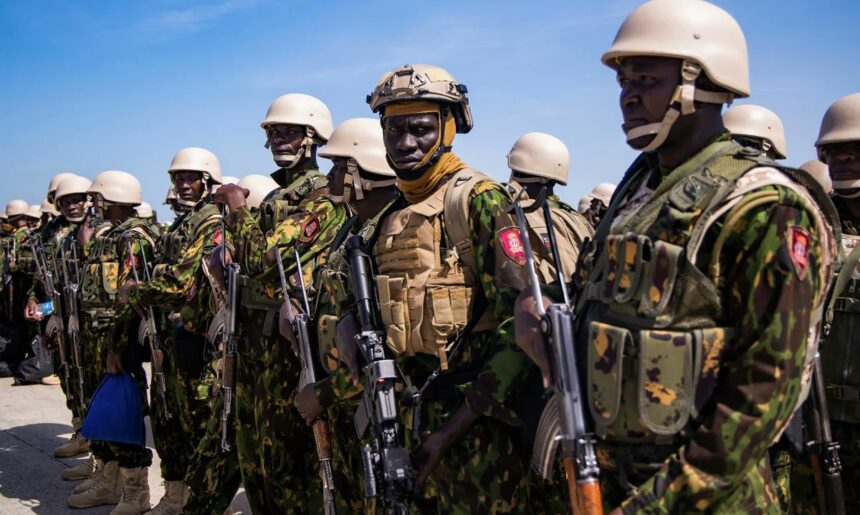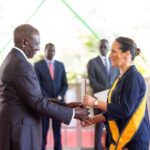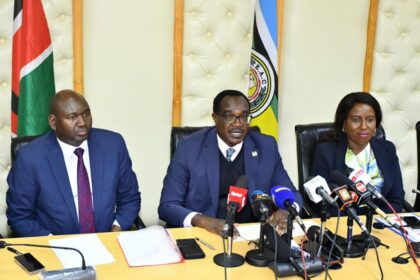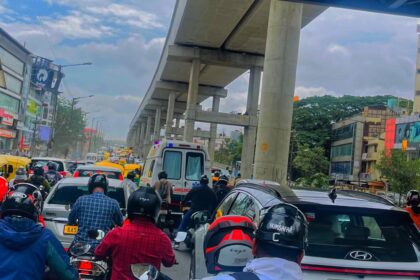The Kenya-led Multinational Security Support (MSS) mission in Haiti has marked one year since the first officers arrived in Port-au-Prince. The mission was launched to help restore order in a country overwhelmed by gang violence and political instability.
Kenya pledged to send 1,000 police officers as part of a 2,500-strong international force. However, only about 400 officers were deployed in the first phase. Several countries that pledged support have yet to send their personnel. This shortfall has slowed progress and placed a heavy burden on the Kenyan contingent.
Funding has been another major challenge. The mission requires an estimated $600 million annually, but contributions have fallen behind target. Kenyan officials and other stakeholders have urged the international community to release more funds to keep the mission running effectively.
Logistical problems have also hindered operations. Many vehicles and equipment are either inadequate or non-functional. The base at the main airport in Port-au-Prince is too small to support more troops. Limited medical services, poor communication systems, and lack of air support have further weakened the mission’s response.
Kenya-Led Haiti Mission Officers
The MSS faces fierce resistance from heavily armed gangs that control large parts of the capital. While some progress has been made, including securing the airport and key seaports, the gangs remain a serious threat.
Kenyan leaders, including Prime Cabinet Secretary Musalia Mudavadi, have acknowledged these difficulties. They have called for greater international backing to strengthen the mission.
Despite these setbacks, the Kenyan-led force remains determined to stabilize Haiti. Officials believe that with more personnel, reliable funding, and stronger logistics, the mission can achieve its goal of restoring peace and supporting the Haitian National Police.
Also read: 50,000 Ghost Students in Secondary Schools Uncovered












